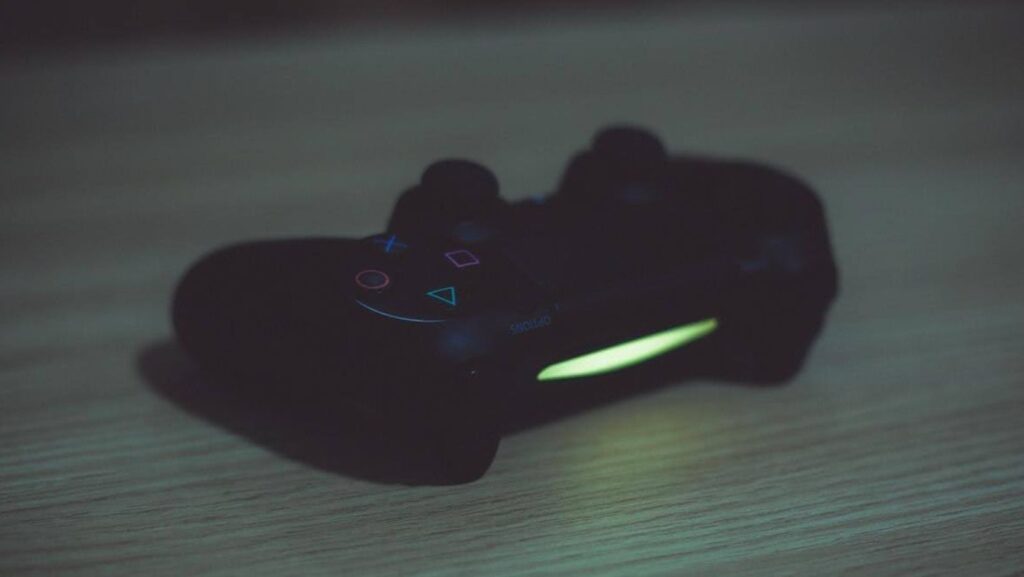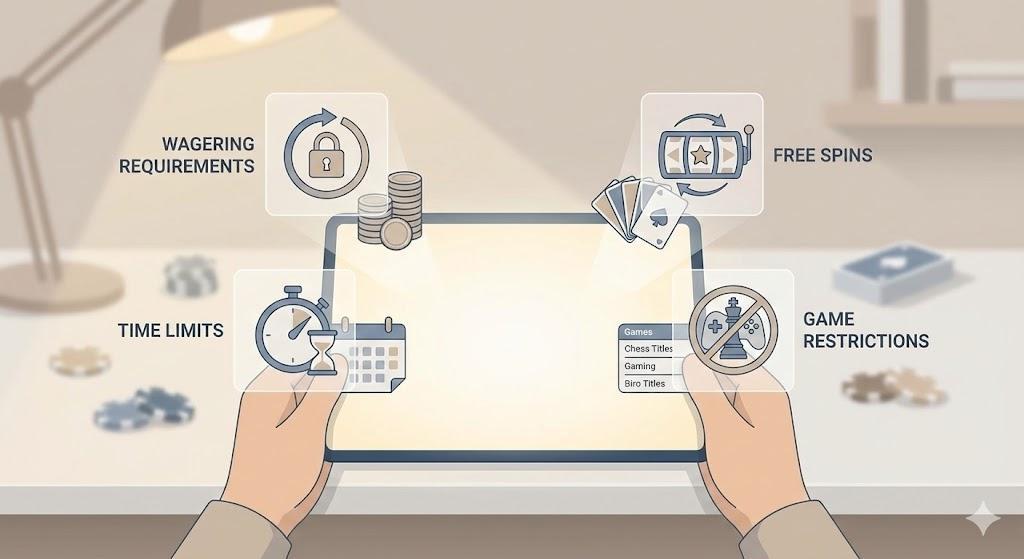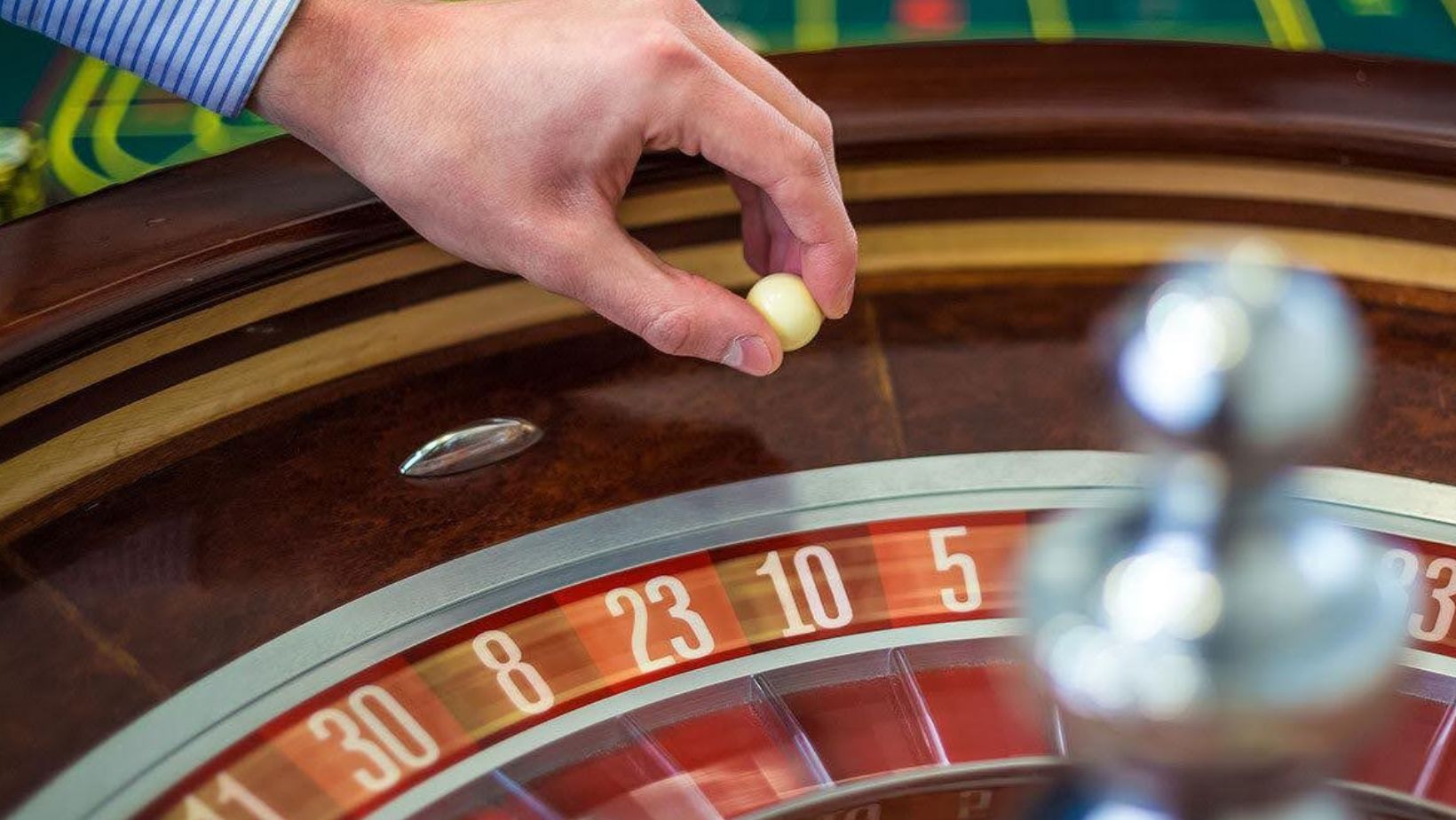In early June, James Gunn, the director tasked with revitalizing the DC Comics movie ‘universe,’ announced that a new Wonder Woman movie would soon be in the works. While Gunn, who wrote and directed the upcoming Superman reboot, is a savvy auteur and may do well with DC, there was an almost audible sigh from many movie fans as they learned that yet another reboot is coming to the big screen.
The prevalence of movie reboots, sequels, prequels, and any other revisit to beloved intellectual property has been a hot-button topic among movie fans in recent years. Some see it as a lack of ideas and creativity, whereas others, following a theory espoused by Matt Damon, among others, see it as a lack of risk-taking. Nonetheless, while yet another DC superhero or Marvel comics movie will please some fans, it has left many movie-goers with fatigue.
Of course, the gaming world is also inundated with sequels and prequels, reboots and remasters, yet, by and large, nobody seems to mind. It’s rarely seen as a lack of creativity – or bravery – it’s engrained in the gaming industry. But what makes gaming so different from Hollywood?
Gaming differs for many reasons
There are several reasons, of course. For a start, gaming sequels often allow for reimagining more than just the storyline; it can be everything from the game mechanics to the rules of combat. God of War (2018), for example, completely changed the franchise’s tone, camera perspective, and combat system. It wasn’t just a visual upgrade—it reimagined Kratos as a complex father figure. Simple mechanical changes can completely change the perspective of a game. We can even cite popular slots as an example of this, with many Highest Megaways slot games being based on popular ‘standard’ versions of classic games.
There is, of course, an expectation that a gaming sequel offers an improved experience. The game is supposed to get better – graphics, customization, scope, gameplay, and so on. Certainly, that is sometimes not the case. We can cite examples like those in the long-running FIFA/EA Sports FC games or WWE 2K series, which can have good years or bad years, but the point stands: sequels are supposed to be bigger and better games, not continuations of stories, like movies.
Moreover, the interactive nature of gaming impacts how players engage with – and how they perceive – sequels. In a film, the audience is passive, watching characters make decisions and following a narrative arc – following the plot, as such. But in a video game, the player is the decision-maker and gets immersed in the gaming world. That level of agency creates a deeper bond with the mechanics, the world, and the character progression.
Gaming Sequels Don’t Offer More of the Same
A sequel, then, isn’t just “more of the same”. Games like The Legend of Zelda: Tears of the Kingdom or Resident Evil 4 Remake show how familiar worlds can feel entirely new through upgraded mechanics, physics systems, or, more recently, enemy AI.
There’s also the practical side to all of this: gaming technology moves quickly. Developers often use sequels as an opportunity to showcase new hardware capabilities or engine upgrades. Unlike Hollywood, which might deliver a sequel using the same cinematic techniques as a film from a decade ago, game studios are constantly pushing technical boundaries, and players certainly expect them to do so. New games aren’t always better, but they are different – and that’s important.
Finally, the audience’s mindset plays a key role. Gamers often want to revisit familiar franchises, particularly when they’ve spent dozens (or hundreds) of hours with the originals. There’s comfort and excitement in seeing how a world evolves, like how Mass Effect or Final Fantasy builds on what came before. In that sense, gaming sequels aren’t a sign of creative bankruptcy. They’re a promise of evolution.





